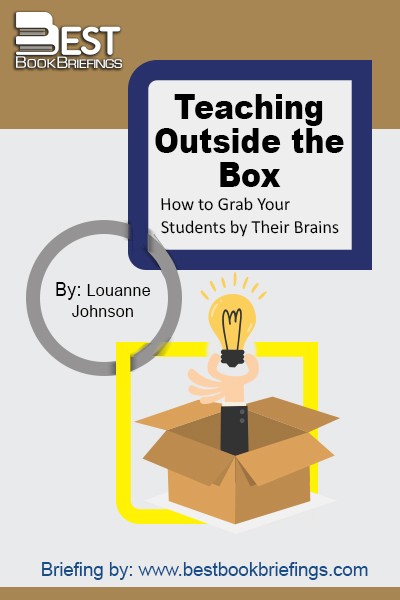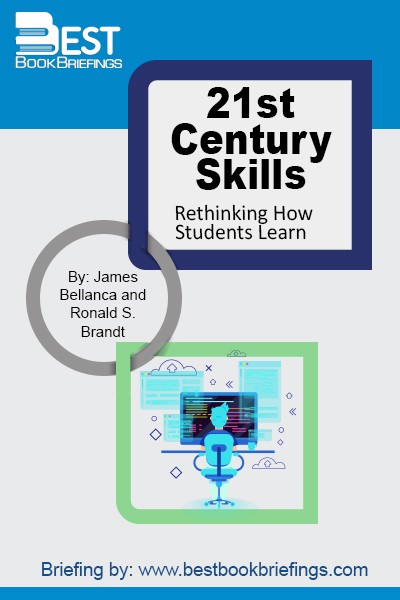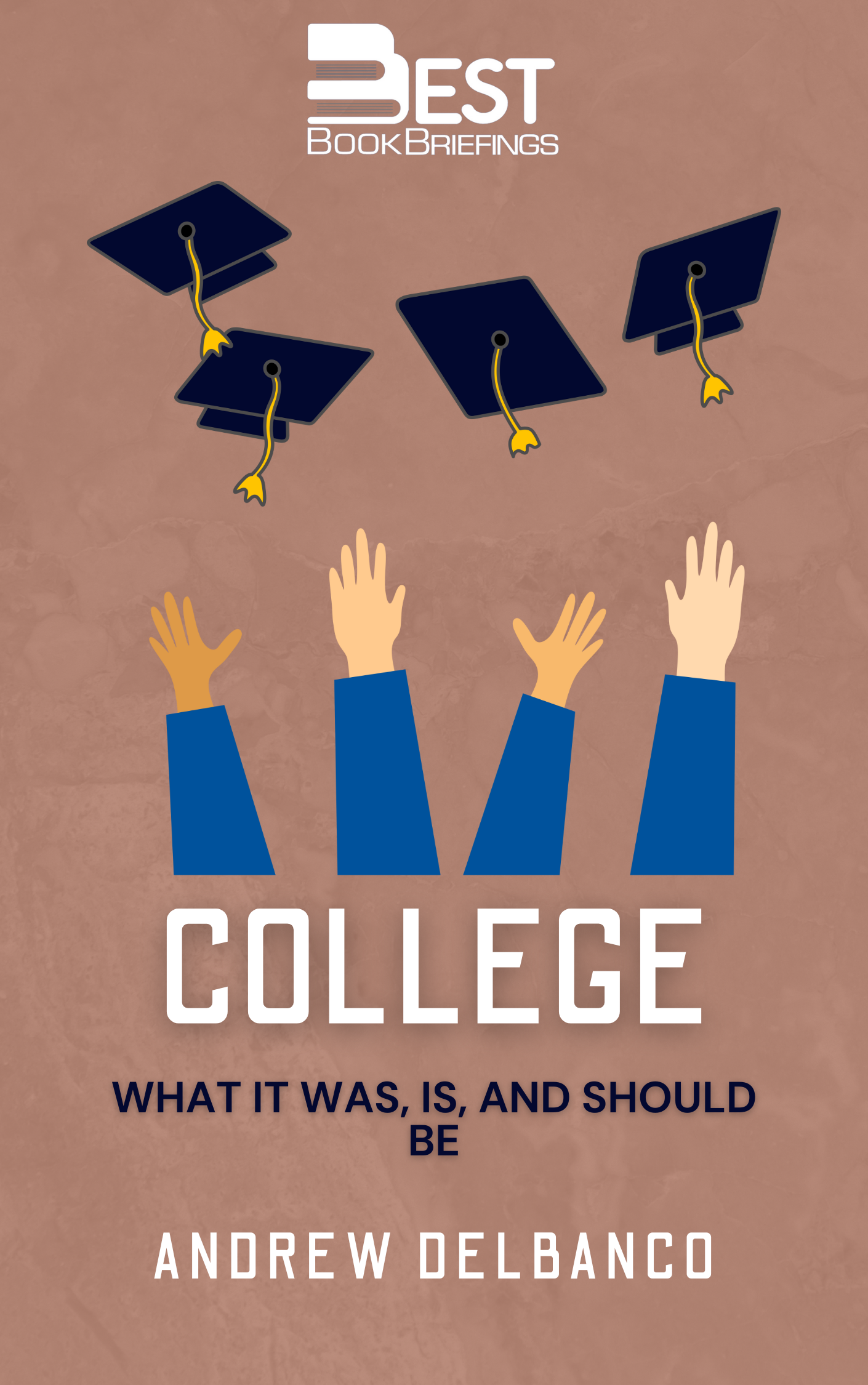College
What It Was, Is, and Should Be
Number of pages: 248
Publisher: Princeton University Press
BBB Library: Education
ISBN: 978-0691130736
Editorial Review
Teaching at its best can be a generative act, one of the ways in which human beings try to cheat death by giving witness to the next generation so that what we have learned in our own lives doesn’t die with us. At its core, a college should be a place where young people find help navigating the territory between adolescence and adulthood. It should provide guidance, but not coercion, for students trying to cross that treacherous terrain on their way toward self-knowledge. It should help them develop certain qualities of mind and heart requisite for reflective citizenship.
Book Reviews
Books on Related Topics

From seating plans to Shakespeare, Teaching Outside the Box offers practical strategies that will help both new teachers and seasoned veterans create dynamic classroom environments where students enjoy learning and teachers enjoy teaching. This indispensable book is filled with no-nonsense advice, checklists, and handouts as well as a step-by-step plan to

Provocatively titled, Disrupting Class is just what America's K-12 education system needs--a well thought-through proposal for using technology to better serve students and bring our schools into the 21st Century. Unlike so many education 'reforms, ' this is not small-bore stuff. For that reason alone, it's likely to be resisted by defenders

No generation can escape the responsibility of deciding what students should learn by analyzing what adults are called upon to do. In the old days, people were taught to do simple calculations, write letters, and read. As farming grew in complexity, schools in rural areas began teaching vocational agriculture. With the



